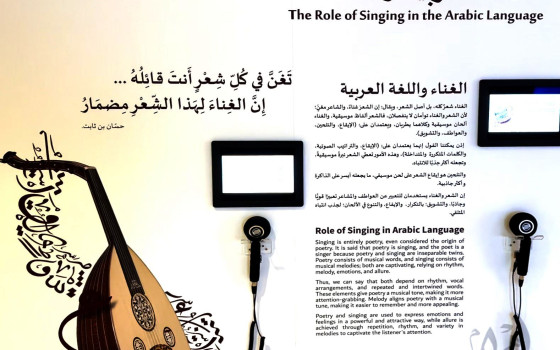
World Arabic Language Day: The future of language in light of the development of computing and artificial intelligence.. It is spoken by 450 million people and used by about two billion Muslims to perform their prayers

- Europe and Arabs
- Wednesday , 18 December 2024 11:18 AM GMT
New York: Europe and the Arabs
Over the centuries, the Arabic language has enriched the cultural diversity of humanity, and has provided the world with countless intellectual, civilizational, scientific, artistic and spiritual contributions.
The number of Arabic speakers is about 450 million people, and about two billion Muslims use it to perform their prayers and rituals. It is the language in which Arab scholars and writers have shared achievements with the world, and it continues to influence all fields. It is the language that has preserved the legacy of civilizations that would otherwise be forgotten, and has influenced multiple languages and cultures on all continents. According to the United Nations daily news bulletin, a copy of which we received on Wednesday morning,
To celebrate the Arabic language, the United Nations has designated December 18 of each year as World Arabic Language Day, the day on which Arabic was adopted as an official language of the United Nations by a resolution adopted by the General Assembly in 1973.
The organization chose to hold this year’s celebration under the title: Arabic and Artificial Intelligence: Stimulating Innovation and Preserving Cultural Heritage, to raise awareness of the history and cultures of the Arabic language, bridge the digital divide through artificial intelligence, enhance the presence of the Arabic language on the Internet, support innovation and encourage the preservation of heritage.
Despite all the achievements, the content available on the Internet in Arabic today does not exceed three percent. Dr. Abdullah bin Saleh Al-Washmi, Secretary-General of the King Salman International Academy for the Arabic Language, said in an interview with UN News that the languages that have survived to this day are the languages that have been converted to writing, "and the languages that will remain for generations and centuries to come are the languages that have bet on linguistic computing and accepted the challenge of artificial intelligence, which we believe that our Arabic language is capable of, God willing, taking on."
Dr. Al-Washmi's statements came after he opened an exhibition organized by the King Salman International Academy for the Arabic Language at the United Nations headquarters in New York on the culture and development of the language. He said that the Academy has a variety of programs specialized in artificial intelligence, including the Falak platform for linguistic blogs, the Suwar platform for digital dictionaries, and the Balsam Index - which measures the maturity of large language modeling technologies.
He stressed that through cooperation and integration between a variety of experts and specialists from Arabs and non-Arabs who believe in the Arabic language, its culture, and its civilization that has spanned generations, "we can accomplish what is immortal and what will bring our language to a permanent global status." Dr. Al-Washmi pointed out that those who contributed to enriching the Arabic language were not only Arabs, and said: "One of the challenges in artificial intelligence and its advantages at the same time is that the challenge facing any language does not mean the inability of a non-linguistic expert to participate in inventing solutions for various languages."
Youth are the solution, not the problem
Regarding some young people's distancing themselves from using the Arabic language and turning to using foreign words, Dr. Al-Washmi stressed that young people in all Arab countries "provide valuable, immediate contributions in the field of artificial intelligence," stressing that the King Salman Global Complex sees them as "a major part of the solution, not the dark part of the problem."
He explained that most of the programs launched by the complex have young people as their audience and activists, as the complex focuses on computing, technology, and linking language to culture, "and most of those working in this field are young people."
He said that most of the technologies and programs we use in mobile phones and computers have been Arabized or their tools developed by young people, "whom adults sometimes talk about as having abandoned the Arabic language." He added: "We have many studies that re-establish this concept, and say that we have challenges with youth, but we have a very bright side that most of the programs are supported by youth."
Not a day for speeches only
The Secretary-General of the King Salman Global Complex said that the Kingdom of Saudi Arabia pays great attention to the International Day of the Arabic Language "because it is the land from which the language was launched", and in which the Holy Quran was revealed, and which "stores the first letters and words, but we say that we are the natural extension of the Arabs and the first Arab who was able across Najd, Hijaz, the north and the south to complete his poems and poetic pendants and to write on inscriptions and write on walls."
He stressed that this day is to celebrate the qualitative achievements in empowering, spreading and promoting the Arabic language and planning for an upcoming year of achievements "without being satisfied with valuable words or useful speeches or lectures, but rather programs, plans and partnerships with universities and organizations must accompany this", including the United Nations and its agencies.
He said: “When you believe, as we believe, that your language is strong, you will invent strong means to serve and spread it. When an Arab sees his language as weak, he will invent weak means. A language spoken by a large group of Arabs and several countries, and believed by Muslims as the language of their religion, and revealed in a heavenly book, and its texts are more than one thousand and five hundred years old, this is a strong language.”




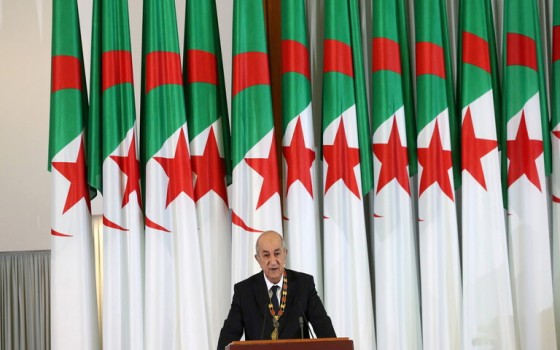
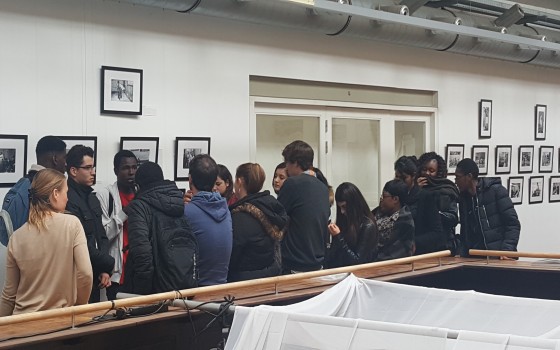
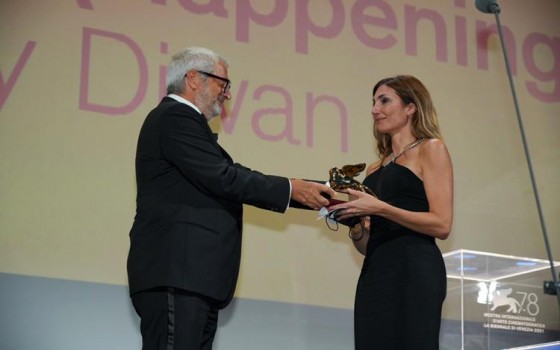
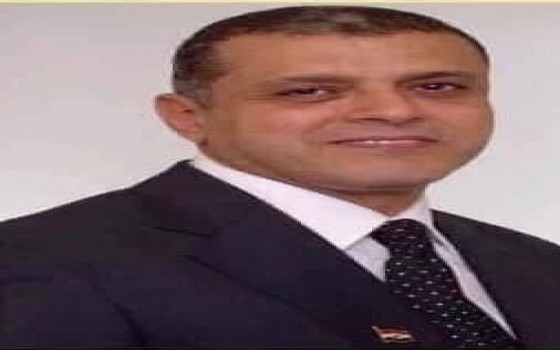
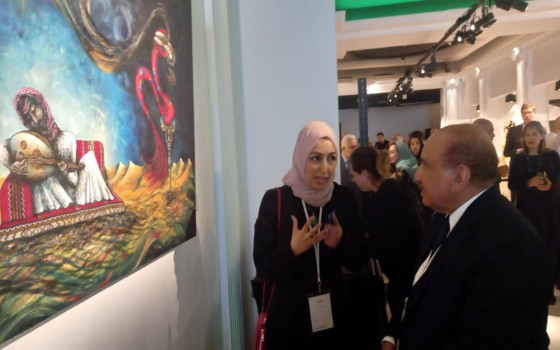


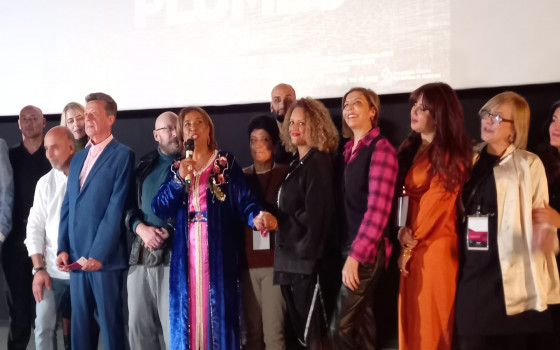
No Comments Found